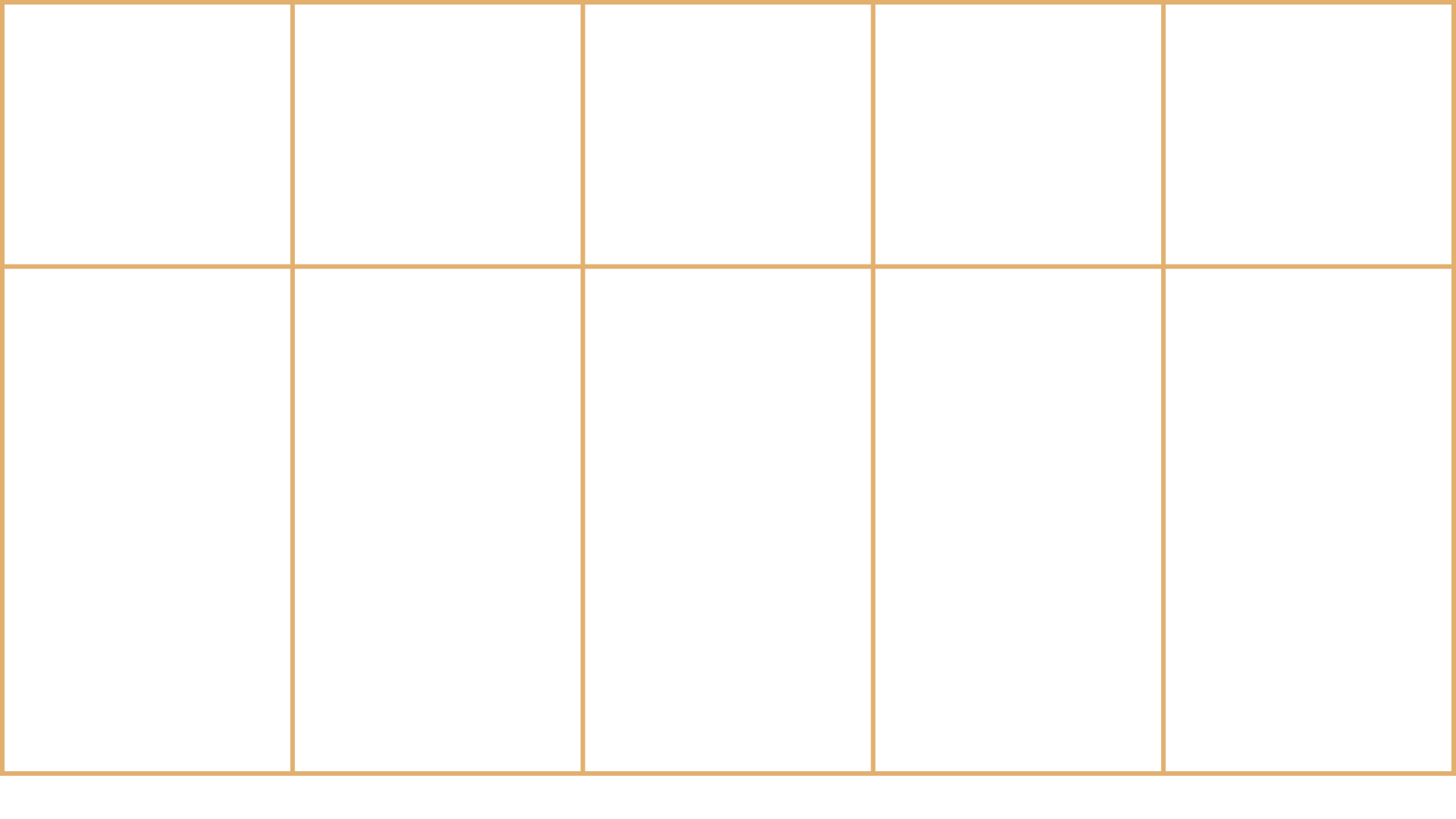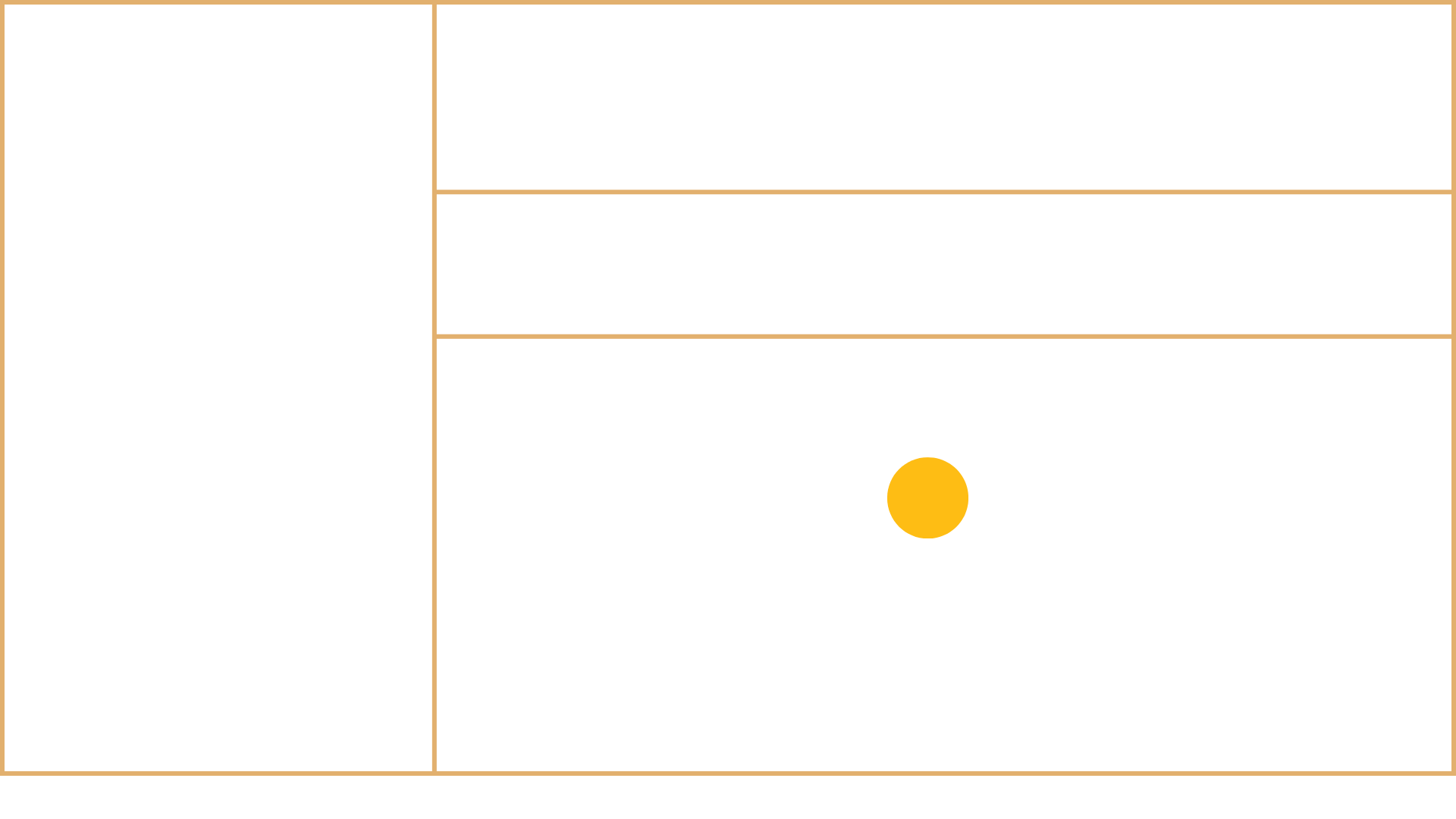Course Information
The curriculum of the Business Administration program covers a broad spectrum of subjects that are essential for understanding the fundamentals of business operations. Students are introduced to core areas such as accounting, finance, marketing, human resources, and entrepreneurship. These courses provide a solid foundation in business principles and practices, enabling students to develop a holistic understanding of how organizations operate.
The program offers a combination of theoretical instruction and practical hands-on learning experiences. Students engage in case studies, group projects, and simulations which enable them to apply their knowledge to real-world business scenarios. This experiential learning approach helps students develop critical thinking, problem-solving, and decision-making skills that are essential for success in the business world.
Program Outcomes
At the end of the program, students will be able to:
- Represent the company to clients at meetings, conferences and sales negotiations
- Work with finance and accounting to eliminate waste and enhance productivity of each function
- Communicate with every department regularly to handle problems, identify new opportunities and build trust and transparency
- Evaluate budget proposals and manage purchases and expenses
- Mediate staff issues and facilitate communication between executives and employees
- Assess employee performance and provide ongoing training and development programs
Employment Opportunities
Business
Administrator
Office
Manager
Administrative Coordinator
General
Manager
Administrative
Manager
Employment Opportunities
- Business Administrator
- Office Manager
- Administrative Coordinator
- General Manager
- Administrative Manager
Admissions Requirements
Academic Requirements
- Ontario Secondary School Diploma (OSSD)
- OR Is 18 years of age or older on or before the program begins AND can pass a qualifying test that has been approved by the Superintendent.
- Equivalent: Foreign credentials must be translated in English and assessed for Grade 12 equivalency
- OR Mature Student with a score of 15 or more on the Wonderlic SLE
English Proficiency
- IELTS – Minimum average score of 5.5 with no subject test score lower than 5.0
- CAEL – Overall 50 with no section below 50
- TOEFL – Internet-based test (IBT) – overall 75, with the minimum of each component: Reading 18; Listening 18; Speaking 18; Writing 18
- Duolingo 95+



